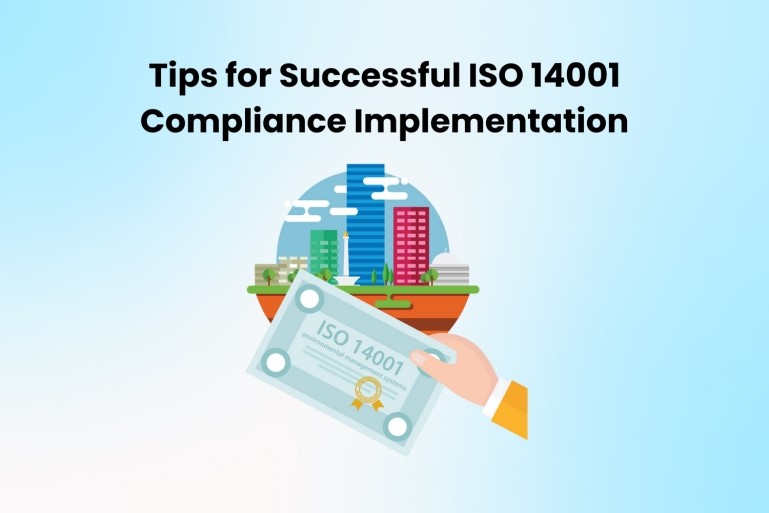Step by step to selling a house
Do you want to sell your house? Here you can find out how the typical sale of property works and get tips on what you should consider. One thing is certain: Selling a house like this involves a lot of work and is often very time-consuming. So get professional help. Our real estate agents will be happy to advise you.
The typical process when selling a house
- Make an appointment with the agent
- Prepare documents for the sale of the house
- Set the price for the property
- Create an exposé for the house
- Accept inquiries from prospective buyers
- Arrange and carry out visits
- Check the purchasing power of prospects
- Sign the purchase agreement with the notary
- Transfer entry in the land register and purchase price
- Pay bills from notaries and brokers
- Pay taxes if necessary
Make an appointment with the agent.
Whether you want to sell a modern city villa, a cozy terraced house, or an idyllic property in the country: our real estate professionals know how best to proceed and how to get the best price for your property. Our brokers have the necessary know-how, are close by, and know your region very well. And they have a database of potential buyers—the best conditions for a successful sale.
Prepare documents for sale.
As a seller of a house, you need various important documents. This includes, for example, the floor plan of the property and the energy certificate.
Tip: Present your property with good photos. This is important so that interested parties can get an idea in the truest sense of the word. Photos should be of decent quality and show your home in the best light. After all, you want to sell something. And if possible for a high price.
Set a good price for the home sale
When determining the purchase price for your house, many criteria play a role. For example, the location, the type of house, the age, the construction quality, and the condition and equipment of your property. It doesn’t matter what you paid for your house in the first place. Or put money and work into it over the years. Supply and demand in the current real estate market determine the selling price. You should know this so that no false expectations arise. Not quite sure about the value of the house? It is indeed very difficult for laypeople to correctly assess the market value.
Tip:
Would you like to know what your property is worth?
With our online property valuation, we are happy to help you find out the price of your property.
create an exposé
Our professionals will also support you in creating an exposé for the property you want to sell. They have experience with this and would be happy to write the exposé for you. Reading the property description already decides whether interest in the purchase is aroused or not. The first impression counts! It is therefore worth investing some time in a good exposé. And one more thing: As the owner, you know your house best. Therefore, make sure that all-important extras appear in the exposé—for example, the garden, swimming pool, conservatory, garage, or special features of the property.
The exposé for your house sale is ready? Now your house has to be presented to potential buyers – in an advertisement on a real estate portal or in the local press. Then it’s time to wait. Does your property arrive?
Receive inquiries from interested parties
The first reactions to your real estate offer are there. How nice! Your broker will take the inquiries for you. He only contacts you when questions arise.
Arrange and carry out visits
Now it’s getting exciting! So that you can sell your house as quickly and successfully as possible, the broker regularly arranges appointments to view the house with prospective buyers. If you wish, he can take care of the appointments himself. Of course, you can also be there. An important tip: Don’t leave anything to chance. Make sure your home looks neat to visitors. Because the eye also buys.
Check the purchasing power of prospects.
Does a prospective buyer want to buy your property? The broker will obtain information from him and check whether he can afford your property. So you won’t experience any nasty surprises later.
Sign the purchase agreement with the notary
The agent negotiates the sale of the house with the potential new owner and clarifies the details of the purchase contract. Together with the notary, he prepares the notarial contract of sale. Going to the notary is mandatory for the certification of the real estate sale.
You and the buyer sign the contract with him. You have officially sold your house. Congratulations! But there are still a few steps left.
Transfer entry in the land register and purchase price
The notary now organizes the entry in the land register. To do this, he first has a notice of conveyance entered. For example, it ensures that a seller cannot sell his property twice, i.e., to two interested parties at the same time. Finally, the notary notifies the buyer when he or his savings bank or bank can transfer the purchase price to you. Check if the money arrives in your account.
Pay bills from notaries and brokers
You must instruct the payment to the notary and real estate agent after the notary appointment. You will receive an invoice for each.
Pay taxes if necessary.
Another important piece of information: Capital gains tax may apply when selling a house. This is when there are less than ten years between the private purchase and sale of the property. In addition, there may be a church tax and solidarity surcharge. However, there are also some exceptions. For example, if the owner has lived in the property for more than three years and has never rented it. You do not have to pay any taxes even if you sell a holiday property that is used exclusively for private purposes.









